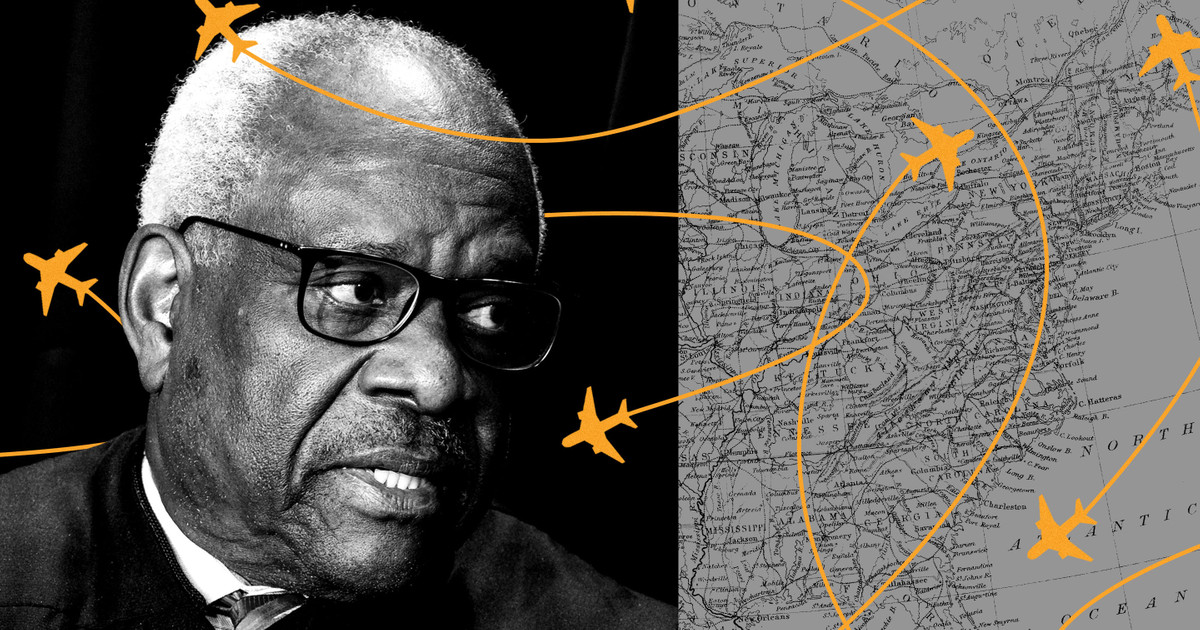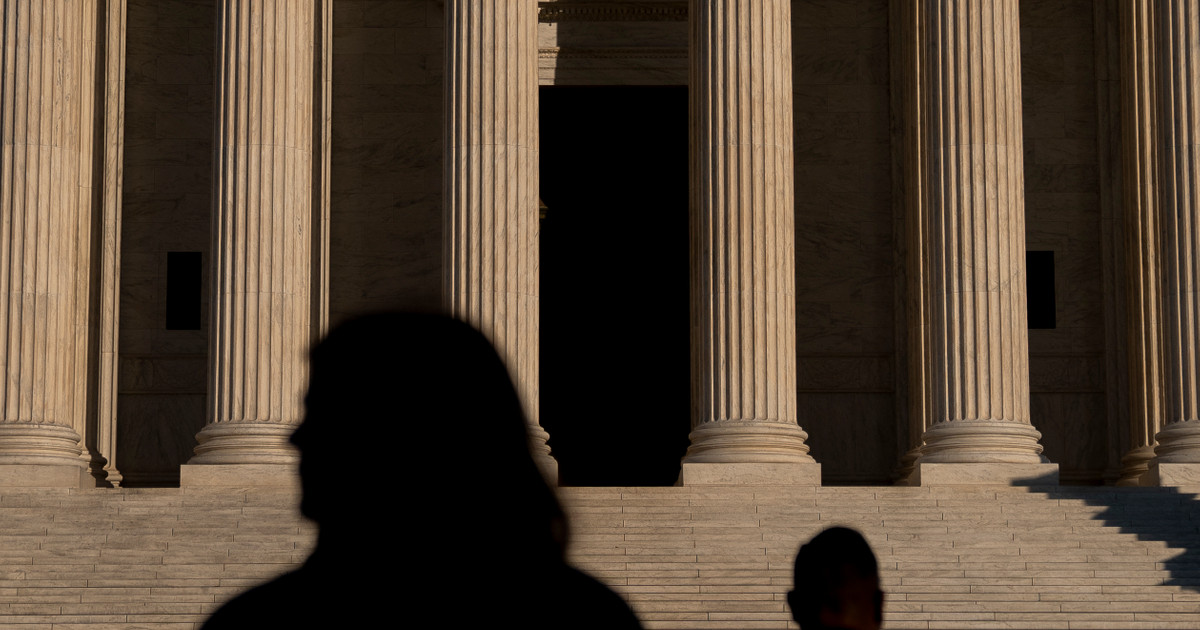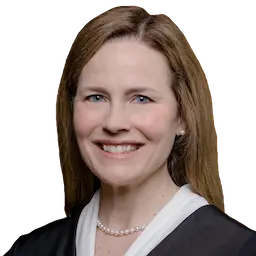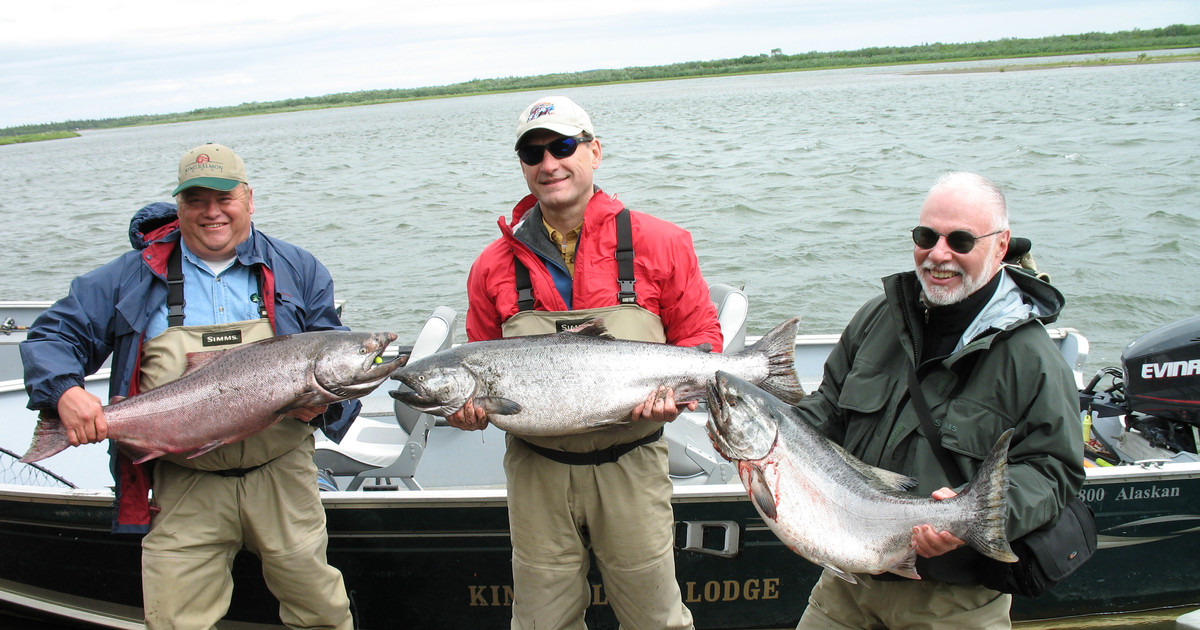Positions
Positions are those where a justice was an officer, director, trustee, partner, proprietor, representative, employee or consultant for any organization other than the U.S. government at the time the disclosure was filed.
| Report Year | Organization | Title |
|---|---|---|
| 2018 | University of Notre Dame | Adjunct professor |
Agreements
Agreements include any agreements into which a justice has entered, such as employment contracts, continuing payments from former employers and continuing participation in employee welfare or benefit plans maintained by a former employer.
No agreements
Noninvestment income
Noninvestment income includes compensation from jobs the justice has had, such as teaching roles; jobs at law firms before they were judges; pension benefits; and royalties for intellectual property, such as books and copyrights.
| Date/Year | Organization Name | Amount | Purpose |
|---|---|---|---|
| 2018 | University of Notre Dame | $28,264.45 |
Salary
"My 2018 outside earned income was $214.45 over the statutory limit. The overage occurred because of my participation in the University of Notre Dame's continuing education program for alumni. I delivered three lectures that I thought were uncompensated. When I discovered that I had been paid (by direct deposit) and that the amount caused me to exceed the limit. I returned the excess $214.45 to the University of Notre Dame." |
Spousal income
Spousal income includes earned income from jobs a justice’s spouse has held, as well as honoraria. Justices are required to report a spouse’s income that exceeded $1,000 but are not required to disclose specific amounts.
| Source | Description | Amount |
|---|---|---|
| University of Notre Dame | Salary | |
| SouthBank Legal | Salary |
Travel Reimbursements
Reimbursements include any payment or thing of value received to cover travel-related expenses for justices and their families. They can include expenses that the third party paid directly or for which a justice paid upfront and was reimbursed, but justices are not required to report reimbursements’ dollar values. Show more.
undefined
undefined
| Date | Source | Location | Purpose | Items Paid or Provided |
|---|---|---|---|---|
| Nov. 29 – 30, 2018 | The Federalist Society | New Haven, CT |
Academic - Other
Yale Law School, educational |
Food, Lodging, Transportation |
| Nov. 14 – 18, 2018 | The Federalist Society | Washington, DC |
Conference/Symposium
Federalist Society Lawyers Convention |
Food, Lodging, Registration, Transportation |
| Oct. 18 – 19, 2018 | University of Notre Dame | Savannah, GA |
Speaking
Hesburgh Lecture, educational |
Food, Lodging, Registration, Transportation |
| Oct. 12 – 14, 2018 | St. Thomas More Society of the Diocese of Dallas | Dallas, TX |
Speaking
Catholic Bar Association General Assembly keynote address |
Food, Lodging, Transportation |
| Oct. 3 – 4, 2018 | George Mason University | Arlington, VA and Washington, DC |
Ceremony
Scalia tribute |
Food, Lodging, Transportation |
| Sept. 26 – 28, 2018 | The Federalist Society | Palo Alto, CA |
Speaking
Stanford Law School educational activity |
Food, Lodging, Transportation |
| June 2 – 5, 2018 | University of Notre Dame | Seattle, WA |
Speaking
Hesburgh Lecture, educational |
Food, Lodging, Transportation |
| April 4 – 7, 2018 | University of California, Berkeley | Berkeley, CA |
Conference/Symposium
UC Berkeley Law Conference: Habeus in Wartime |
Food, Lodging, Transportation |
| March 19 – 20, 2018 | Harvard University | Boston, MA |
Moot Court
Ames Moot Court Competition |
Food, Lodging, Transportation |
| March 17 – 18, 2018 | The Federalist Society | Hillsdale, MI |
Speaking
Hillsdale College, educational |
Food, Lodging, Transportation |
| March 12 – 13, 2018 | Northwestern University | Chicago, IL |
Teaching
Law class talk |
Food, Lodging, Transportation |
| March 9 – 11, 2018 | The Federalist Society | Washington, DC |
Conference/Symposium
National Student Symposium |
Food, Lodging, Transportation |
| March 5 – 6, 2018 | The Federalist Society | New York, NY |
Speaking
Columbia Law School, educational |
Food, Lodging, Transportation |
Gifts
Gifts include gifts received by justices, their spouses or their dependent children from any source other than a relative. Justices are only required to disclose gifts whose aggregate value from the same source exceeds a certain threshold ($480 in 2023) within the reporting period and gifts that are individually worth more than 40% of that threshold. This only captures gifts that have been disclosed, which ProPublica reporting shows can be incomplete. Show more.
| Source | Description | Value |
|---|---|---|
| University of Notre Dame | Judicial robe and shipping | $570.27 |
| University of Notre Dame | Catering, flowers and parking for investiture ceremony | $23,793.44 |
Liabilities
Liabilities include debts that exceeded $10,000 at any time during the reporting period for justices, their spouses or their dependent children. Because justices have to report these each year, some debts may show up multiple times in the table. Show more.
| Creditor | Description | Value |
|---|---|---|
| █████████ | Tuition agreement | $0 – $15,000 |
| █████████ | Tuition agreement | $0 – $15,000 |
Investments
Investments include cash accounts, property, stocks, investment funds, retirement plans and other financial instruments owned by justices, their spouses and dependent children in excess of certain value thresholds or generating more than $200 in income in a year. Justices are not required to disclose information about their personal residences unless they generate rental income.
ProPublica has not extracted investments data for 2018. For information about Amy Coney Barrett’s investments, view the filing.
Additional Information or Explanations
Additional information or explanations include a justice’s explanatory comments clarifying other portions of the report. These may include explanations of apparent inconsistencies with previous reports, third-party opinions on possible conflicts of interest or other supporting documentation.
Part III
Line 1: My 2018 outside eared income was $214.45 over the statutory limit. The overage occurred because of my participation in the University of Notre Dame's continuing education program for alumni. I delivered three lectures that I thought were uncompensated. When I discovered that I had been paid (by direct deposit) and that the amount caused me to exceed the limit. I returned the excess $214.45 to the University of Notre Dame.
Part VII
Line 1: Flagstar acquired the Wells Fargo bank branches containing the Cash Accounts.
Line 2: My spouse rents out our residence for a limited number of nights per year. The value in Column C is the estimated value of the residence. There is an outstanding mortgage on the residence that is not listed in Part VI because it is the primary residence. The income from the rentals does not cover mortgage payments and upkeep costs.
Wal-Mart Stores Inc. Com (formerly listed on line 7) and Harbor International Fund (formerly listed on line 55) were sold after the end of the Nomination FDR dated 1/1/2016-4/25/2017 and before the beginning of the current Annual FDR covering 1/1/18-12/31/18.
Lines 11, 34, 48, and 52: The Securian Brokerage Money Market Accounts are holding accounts for cash in the accounts.
Lines 54 and 56: Dismond Hill Long-Short Fund Class 1 (line 54) and Fidelity Adv International Growth fund (line 56) were bought after the Nomination FDR and before the current Annual FDR covering 2018.
Lines 28, 42, and 67: Rowe T. Price Blue Chip Growth Blue Chip GW 1 (TBCIX) had a class conversion to T. Rowe Price Blue Chip Growth (TRBCX).
Lines 71, 77, 84 and 88: The 403(b) account, the 529 accounts, and the ABLE account provide the market value of the investment vehicles in the accounts,
About The Data
The bulk of the data we used came from the Free Law Project, which maintains a database of more than 35,000 financial disclosure records for federal judges, justices and magistrates, most of it dating back to 2003. These disclosures, which federal employees are required to file each year under the Ethics in Government Act of 1978, are maintained by the Administrative Office of the U.S. Courts. The law, however, requires most of them to be destroyed after six years, making many disclosures from earlier years hard to find. Our disclosures cover most of those filed since 2003, as well as some financial information disclosed by some justices during their Senate confirmations in 1990, 1991 and 2000. Our database also includes eight of Clarence Thomas’ disclosures from 1992 to 1999 provided by Documented. (Do you have information about a Supreme Court justice’s finances from before 2003? Email us.)
Because much of the data was extracted from PDFs using optical character recognition, we designed our own database and imported and cleaned the Free Law Project’s data to fix scanning and other errors. We corrected spelling errors, edited fields for style and clarity and, where possible, attempted to add contextual information by, for example, categorizing organizations and transactions, standardizing certain fields, updating entity names or filling in missing information.
In some cases, such as when the Free Law Project did not have a specific disclosure or had not extracted data from a report, we extracted or transcribed the data manually.
After cleaning and standardizing the data, we spot-checked it for accuracy, looking primarily for transcription or categorization errors. If you believe you see an error in the database, please contact us at [email protected].
More from Friends of the Court
ProPublica has reported that justices have sometimes failed to disclose speaking engagements and gifts like private jet travel and luxury vacations from wealthy and influential people. Read our series: Friends of the Court.
Do you have any tips on the courts? Contact us securely or reach out to ProPublica reporters Justin Elliott and Josh Kaplan.
-
Alito Took Unreported Luxury Trip With GOP Donor Paul Singer
In the years after the undisclosed trip to Alaska, Republican megadonor Paul Singer’s hedge fund has repeatedly had business before the Supreme Court. Alito has never recused himself.
-

The Other Billionaires Who Helped Clarence Thomas Live a Luxe Life
The fullest accounting yet shows how Thomas has secretly reaped the benefits from a network of wealthy and well-connected patrons that is far more extensive than previously understood.
-

Supreme Court Adopts Its First-Ever Ethics Code
Experts say it is unclear if the new rules, which come after reporting by ProPublica and others revealed that justices had repeatedly failed to disclose gifts and travel from wealthy donors, would address the issues raised by the recent revelations.

